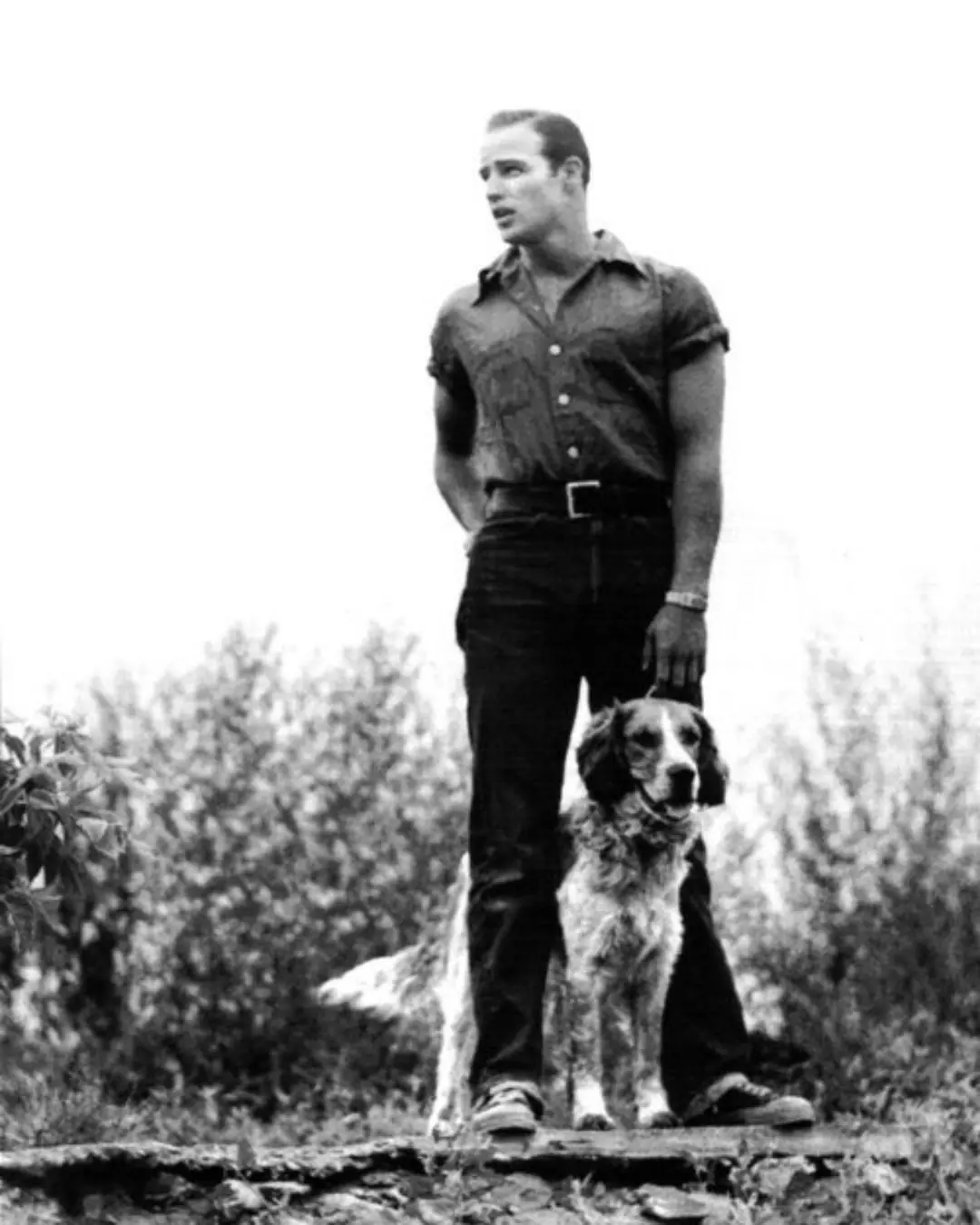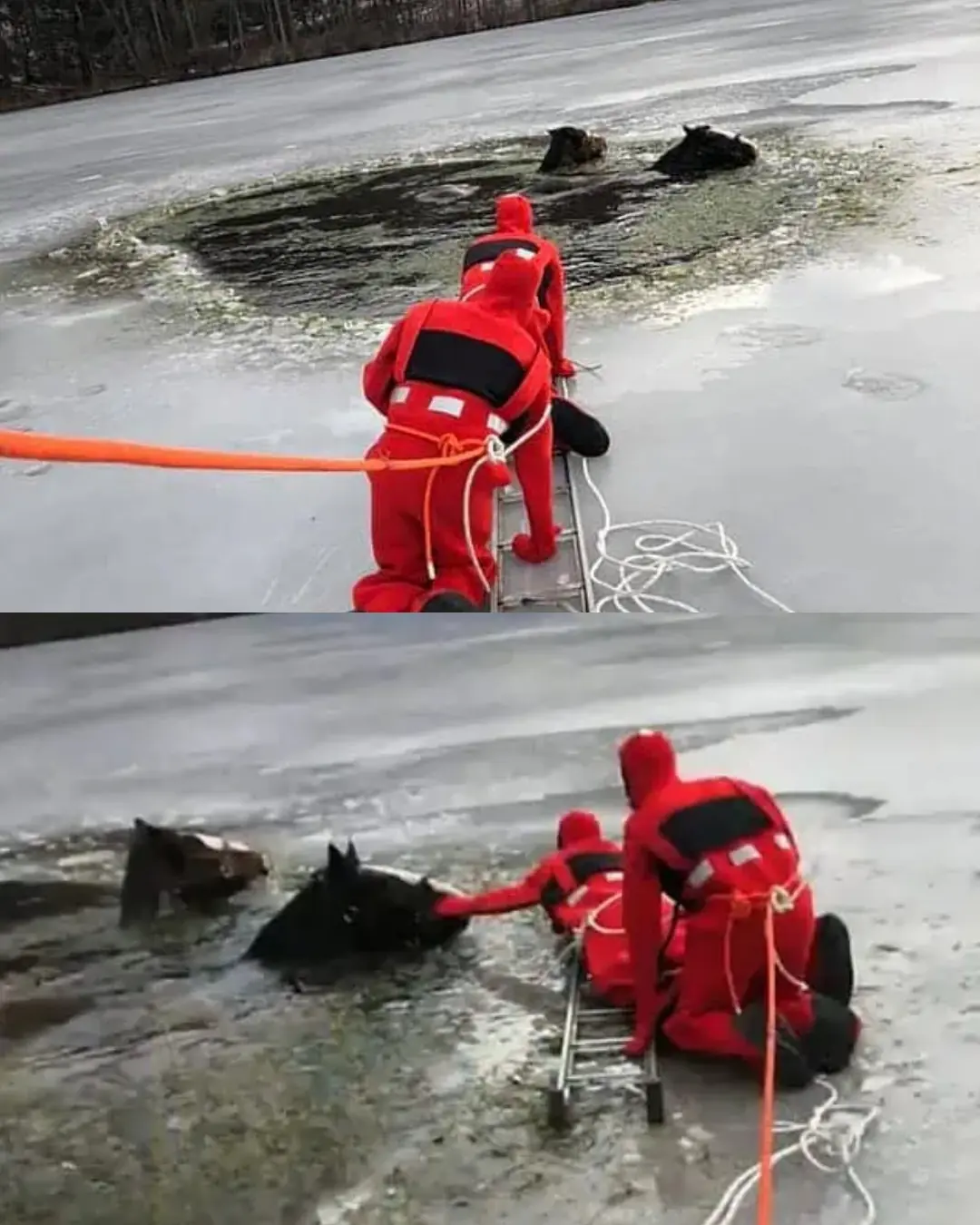
The Man Who Walked Into the Mountains — and Never Fully Returned.
“The Man Who Walked Into the Mountains — and Never Fully Returned” evokes the haunting real-life story of Christopher McCandless, whose journey into the Alaskan wilderness became a symbol of freedom, solitude, and tragic idealism.
McCandless, the subject of Jon Krakauer’s Into the Wild, left behind his possessions, family, and identity in 1990 to live off the land. He ventured deep into the Alaskan backcountry, where he survived for over 100 days before dying of starvation in an abandoned bus. His story has since become a cultural touchstone—celebrated by some as a quest for truth, and criticized by others as reckless naivety.
🏔️ A Journey Fueled by Idealism
Christopher McCandless, a recent college graduate, donated his savings to charity, abandoned his car, and adopted the name “Alexander Supertramp.” He sought a life unburdened by materialism and societal expectations. His travels took him across the American West, into Mexico, and eventually to Alaska.
📖 The Final Chapter: Into the Wild
In April 1992, McCandless hiked into the Stampede Trail near Denali National Park. He carried minimal supplies, relying on foraging and hunting. He found shelter in an old Fairbanks City Transit bus, where he kept a journal documenting his thoughts and struggles.
By August, he was too weak to continue. His final note read: “I have had a happy life and thank the Lord. Goodbye and may God bless all!”
He was found dead weeks later, weighing just 67 pounds.
🧠 The Legacy He Left Behind
McCandless’s story has inspired:
-
Books and films, including Into the Wild (2007), directed by Sean Penn
-
Debates about wilderness survival, privilege, and the romanticization of isolation
-
Pilgrimages to the “Magic Bus,” which was eventually removed in 2020 for safety reasons
His journey is often interpreted as a spiritual quest—one that sought meaning beyond the noise of modern life, but ended in tragedy.
🌲 A Metaphor for Disconnection
The phrase “never fully returned” reflects not just McCandless’s physical fate, but the emotional and philosophical distance he created from the world he left behind. Whether seen as a cautionary tale or a poetic rebellion, his story continues to stir reflection on freedom, risk, and the human need for connection.
News in the same category


The Boy Who Finally Believed He Was Worth Loving.

Fifty Feet Above Fear: The Bear Who Found Stillness.

A Father’s Love Etched in Stone: The Story Behind Matthew’s Tombstone.

A Heartwarming Rescue: The Journey of a Newborn Elephant Calf

A Rare Act of Compassion: Wolf Protects Piglets from Mountain Lion

Home at Last: Luke Continues His Fight with Courage, Faith, and Family

Finding Her Voice: How a Fall Led Beth to Advocacy and Hope

Hampton Rose: A Heart Angel Whose Legacy Continues to Inspire

Discover the Meaning of a Black Cat Approaching You

The Woman Who Refused to Stand and Watch.

The Drain and the Dawn: The Day a Village Fought for One Life.

The Dog in the Fog: The Moment That Changed a Movie, a Man, and a Scene Forever.

The Ice, the Horses, and the Hands That Wouldn’t Let Go.

A British Angler's Record-Breaking Catch: The 67lb Goldfish Nicknamed "The Carrot"

“He’s Strong”: Officer Justin Beal’s Remarkable Comeback After a 16-Hour Surgery

“Fight for Milenka” — A Family’s Plea to Save Their Youngest Daughter

The Man in the Parking Lot: A Story About Hunger, Fatherhood, and the Kindness We Almost Walk Past.

The Man on the Bridge: A Story About the Kindness the World Almost Walked Past.
News Post

It Will Make Your Bladder and Prostate Feel Like New! The Grandfather’s Recipe

Shrink Open Pores Naturally with Banana Peel and Simple Home Remedies

The Chia Seed–Aloe Vera Anti-Wrinkle Mask: A Natural Remedy for Smoother, Younger-Looking Skin

The Orange Peel Elixir That Cleanses Your Whole Body and Fights Diabetes, Cholesterol, and Blurry Vision

Stubborn Grass (Sporobolus indicus): The Resilient Weed with Hidden Healing Powers

Boost your hair growth with rice water ginseng hair spray

DIY Turmeric Gel For Ageless Skin: Unlock the Secrets of Radiant and Youthful Complexion

DIY Brow Boosting Serum: Thicken Eyebrows Naturally with Garlic, Castor Oil & Coconut Oil

Collagen Boosting Drink to Reverse Your Age: Get Spotless, Glowing Skin Naturally

Ginger – 100 Times More Powerful Than Botox: The Natural Secret to Eliminate Wrinkles, Freckles, and Dark Spots

Clean Your Arteries Naturally with This Simple Homemade Juice — A Daily Tonic for Heart Health and Circulation

Red Onion Magic: The Little Kitchen Secret That Balances Blood Sugar Naturally

Cabbage Leaf Miracle: How to Relieve Joint Pain Overnight Naturally

End Knee Pain Naturally: The Secret Power of Ginger Doctors Don’t Tell You

Proven Health Benefits of Dates (Dried, Fresh, Medjool) – Science Based

Mouth Cancer: Symptoms, Causes, Stages, and Treatment

How to Cure Sciatic Nerve Pain: A Guide to Natural Remedies

Is It Safe to Stay Inside a Car During a Thunderstorm?

Mixing Leftover Rice with Laundry Detergent: A Surprising Cleaning Hack That Works Wonders
